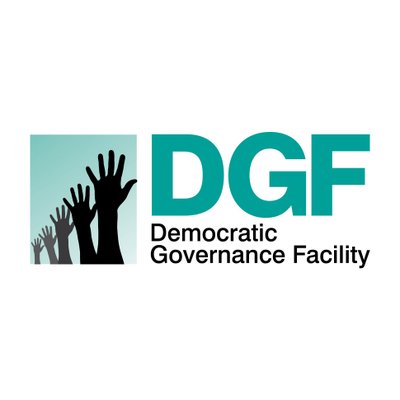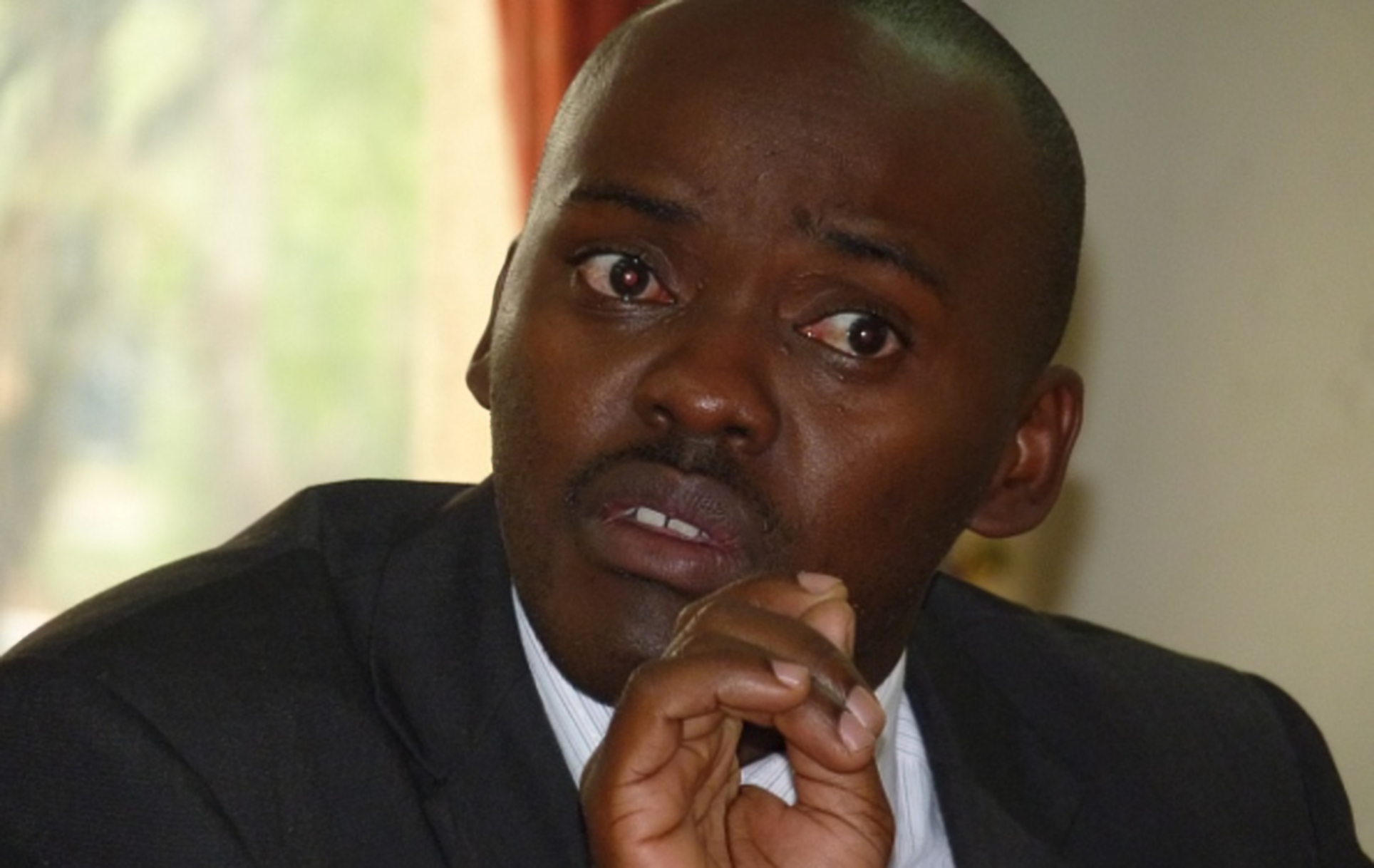Kerry Howard Mwesigwa.
In a country where land disputes and legal representation are major concerns, the closure of the Democratic Governance Facility (DGF) in Uganda has dealt a significant blow to the provision of legal aid services. The DGF, a coalition of development partners, had been supporting non-governmental organizations (NGOs) and legal aid projects, ensuring access to justice for the indigent and marginalized. However, its recent closure on 30th May 2023 has left a void in the legal aid landscape, leaving vulnerable populations without much-needed assistance.
The closure of the DGF has had a profound impact on legal aid services throughout Uganda. Organizations such as Uganda’s Law Society and various NGOs operated legal aid clinics that targeted the indigent, vulnerable, and structurally marginalized individuals. These programs, once thriving thanks to the financial and strategic resources provided by the DGF, have now scaled down or completely closed. As a result, the most vulnerable populations, including women, are left without proper legal representation, exacerbating the disparities they face.
Uganda’s judicial process has long been plagued by bottlenecks, including lengthy pre-trial detentions and insufficient judicial capacity. The DGF recognized these challenges and supported the justice, law, and order sector in prioritizing alternative modes of dispute resolution. By emphasizing alternatives to litigation, the DGF aimed to alleviate the burden on the courts and expedite the resolution of legal matters. However, with the closure of the DGF, the future of these alternative approaches remains uncertain, further complicating an already strained judicial system.
Recognizing the need for a sustainable legal aid system, a delegation from Uganda, facilitated by donor funding, recently visited South Africa. The purpose was to learn from South Africa’s government-supported legal aid system, which is embedded in the country’s constitution and delivered through Legal Aid South Africa. This progressive and people-centered approach provides legal aid to vulnerable groups, including women, children, and the rural poor. Uganda sought to draw insights from this model to inform potential legislative reforms in their own legal aid system.
With the closure of the DGF and the government’s decision not to renew the mandate of the UN Human Rights Office in Uganda, concerns arise regarding the future of legal aid services and human rights protection in the country. The absence of a clear plan to fill the gap left by the DGF’s departure raises uncertainty about the accessibility of legal aid for the indigent. Furthermore, the closure of these international entities threatens to weaken Uganda’s already fragile human rights record, which has faced criticism for crackdowns on dissent and allegations of torture.















